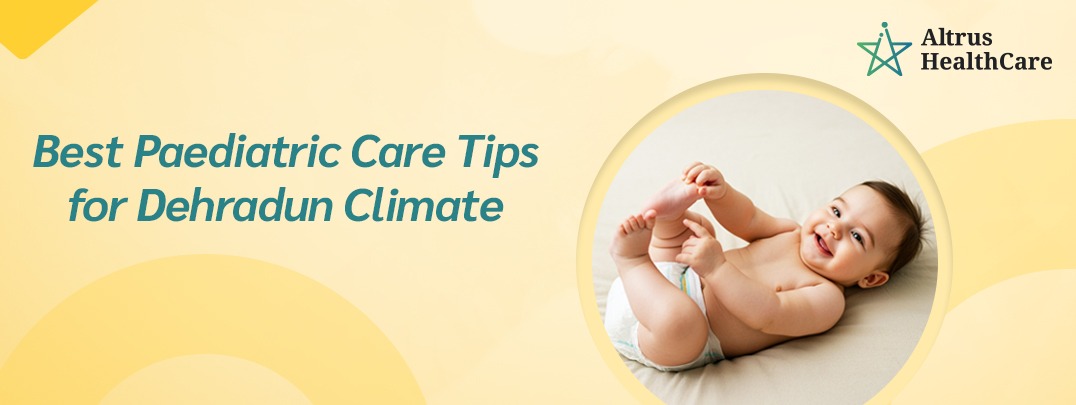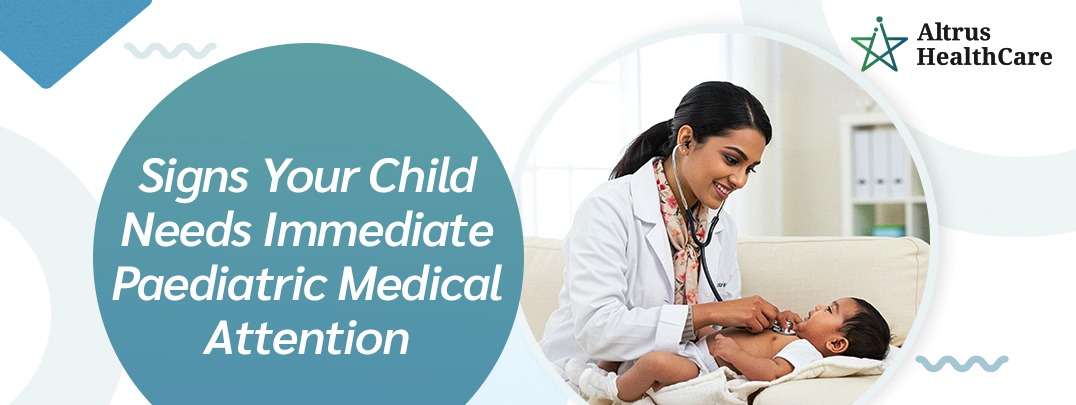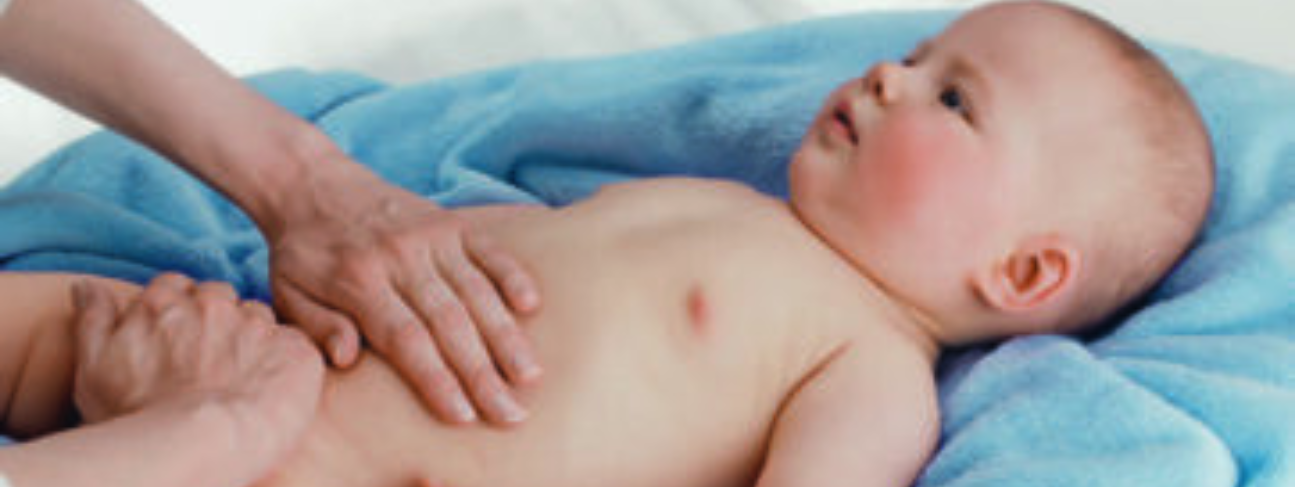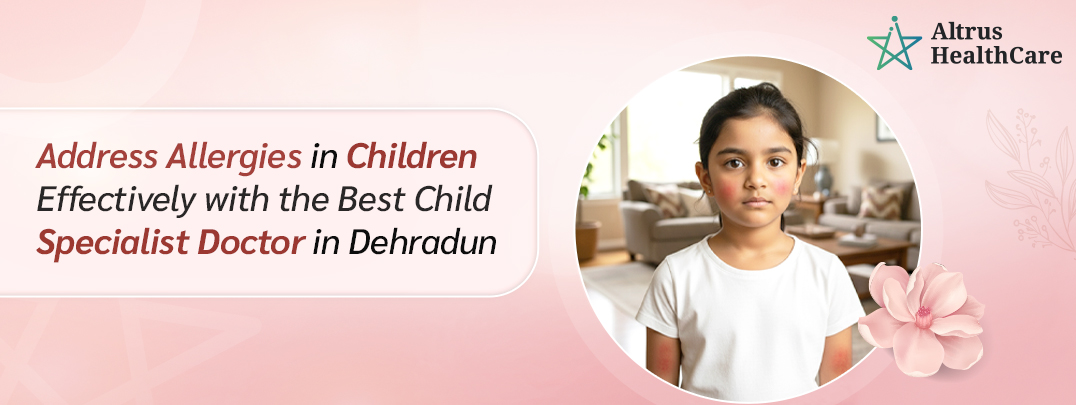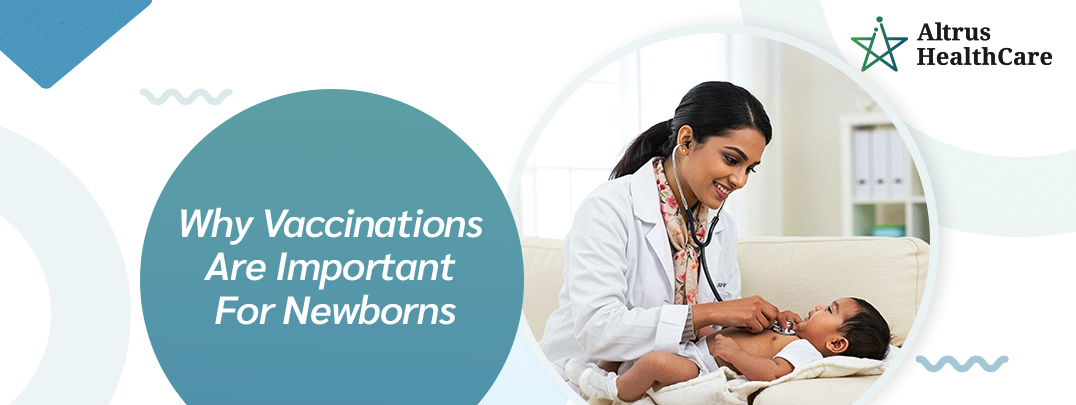Parenting in Dehradun is challenging. Here, seasons are always changing. Children, especially newborns and toddlers are likely to fall sick as temperature changes from hot summers to humid monsoons to freezing winters happen. Year-long vigilance under the guidance of the best paediatric doctor is essential.
Climate changes affect children by increasing chances of infections and allergies. Because of weaker immune systems, they can get sick easily. A reputed child specialist can educate parents of preventive care tips.
Seasonal Guidance from the Best Paediatric Doctor
Winters means more RTI (Respiratory Tract Infections) with persistent cough, and more asthma attacks. The best paediatric doctor advises to make sure your child is dressed warmly, not in crowded conditions and that he/she is in an area with adequate ventilation. When it is colder outside, children with asthma will need additional care.
Viral fevers, gastro-intestinal infections and mosquito borne infections can occur frequently during the monsoon months. Clean drinking water, as well as proper hygiene, becomes extremely important. A dependable child specialist can advise families regarding the preventive measures and times when instant medical aid is crucial.
During summers, fatigue and dehydration are common. The best paediatric doctor recommends ample fluids, clothing of light cotton material, and avoiding exposure to afternoon heat.
Vaccination and Preventive Care
Timely immunisation protects the children from serious infections that can spread fast due to the changes in the climate. The best paediatric doctor will ensure that your child follows the right vaccination schedule for their age. This including vaccines against diphtheria, tetanus, pertussis, polio, MMR, hepatitis B, rotavirus, and pneumococcal infections.
Many parents tend to postpone vaccinations if the children get cold. But, a decision can be made by a knowledgeable child specialist whether immunisation has to be continued or put off for some time. Also, travel vaccines might be necessary on holiday trips. The preventive care is helpful in strengthening immunity and avoiding hospital visits.
In cases where issues that require surgical intervention are detected, early consultation with the best pediatric surgeon in Dehradun is assuredly performed to ensure appropriate treatment is administered without delay.
Monitoring Growth and Development
Growth monitoring is not only about weighing and measuring a child’s height. The Paediatric doctor tracks developmental milestones such as speech, walking, social interaction, and learning abilities. There are the best pediatric surgeons in Dehradun or orthopaedic teams for assessment if there is a delay in walking, unusual limb shape, or bone deformities.
Parents should make sure they do not miss routine visits to a child doctor, even if the child is healthy. This helps in finding deficiencies and other problems which are not visible to parents. Long term complications can be prevented with early intervention.
Adolescents also experience emotional stresses and nutritional problems arising from growth-related changes. Constant follow-up with the Paediatric doctor helps in ensuring overall physical and mental wellbeing.
Nutrition and Immunity in Dehradun Climate
Good nutrition is a strengthening factor for immunity from seasonal infections. The best paediatric doctor often recommends a balanced diet with proteins, fruits, green vegetables, and enough fluids. The immunity system loses resistance to a disease when one consumes junk food.
In winters, warm homemade meals help improve digestion and immunity. In summer, fresh fruits and fluids are necessary to avoid dehydration. If a child has problems with eating habits or weight issues, there is a nutritional plan that a child specialist draws up for use.
Children recovering from surgery require controlled diets that the best pediatric surgeon in Dehradun suggests for recovery.
Managing Infections and Emergencies
Children are likely to get fever and infections quickly. This is normal. But, signs of high fever, difficulty in breathing, and different behaviour requires immediate consultation with the paediatric doctor.
Quick checkup can help avoid more complications. This is when emergency care is crucial, especially for sudden injuries or cases of poisoning. In such cases, timely intervention is ensured by both a competent specialist and an emergency team trained in first aid.
For complex surgical conditions or trauma, guidance from the best pediatric surgeon in Dehradun ensures reassurance and treatment plan under control.
Advanced Paediatric Care at Altrus HealthCare
At Altrus HealthCare, we provide extensive child healthcare services from the moment the child is born until he or she reaches adolescence. Vaccination programmes, monitoring of developmental milestones, chronic disease management, adolescent health care, behavioural support, nutritional counselling, and emergencies are services rendered by the paediatric department. We also link with specialised teams, including the best pediatric surgeon in Dehradun, when there is a need for more advanced paediatric care. The multidisciplinary approach, child-friendly infrastructure, PICU services, and rehabilitation support are some of the mechanisms through which holistic care of the child is ensured under the guidance of experienced specialists dedicated to the child’s safety and growth.
So How Can You Keep Your Child Healthy All Year in Dehradun?
Climate-aware healthcare planning for children in Dehradun is needed. Preventive measures based on seasons, vaccination, and growth monitoring complement health inputs for children in Dehradun. Care taken by the paediatric doctor keeps parents prepared rather than dealing with ailing children;
The combination of preventive care, good nutrition, and medical support can help families manage seasonal illnesses better. Selecting a trusted child doctor helps children grow with strength, confidence, and protection in every way.
FAQs
How close should I book routine paediatric check-ups?
Your doctor will provide a chart of routine check-ups that are needed. Newborns require more frequent visits than older children.
When do I need to consult Dehradun’s best paediatric doctor?
Apart from routine checks, the best paediatric doctors should be visited if the child has congenital deformities, a fracture, or other issues which need surgical care.
Do seasonal changes impact children’s asthma?
Yes, seasonal changes can make asthma worse for children, and require paediatric care.
Is 24-hour emergency and PICU care available at Altrus HealthCare?
Yes, Altrus HealthCare offers 24-hour emergency, and PICU care for children.
